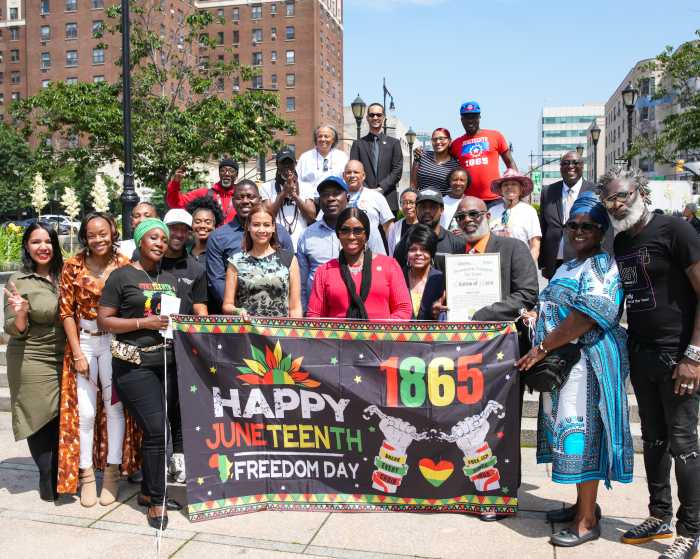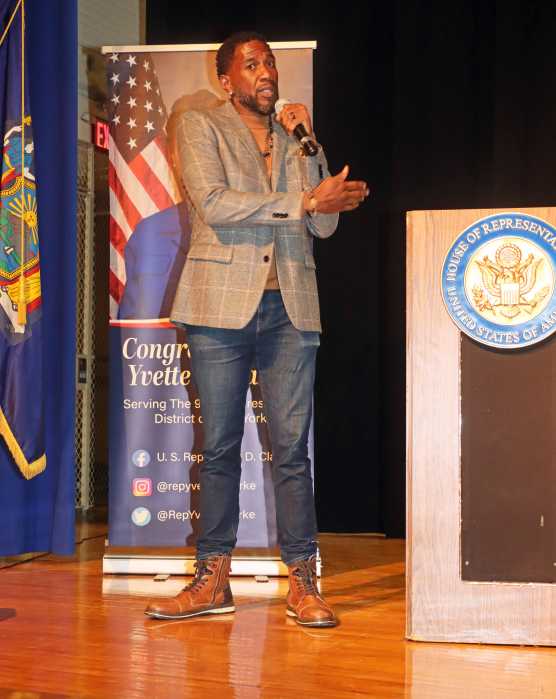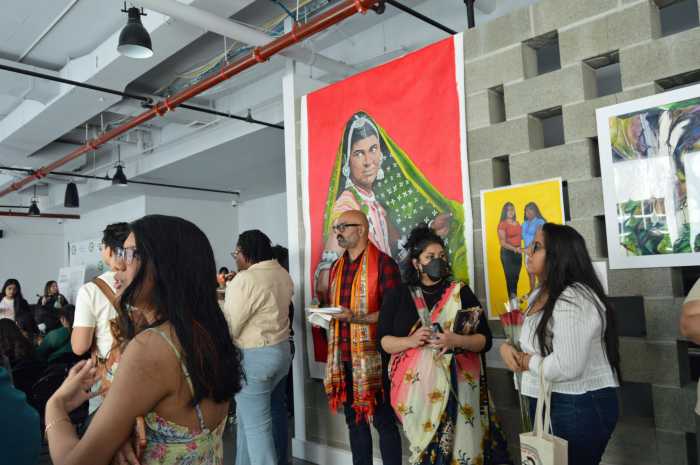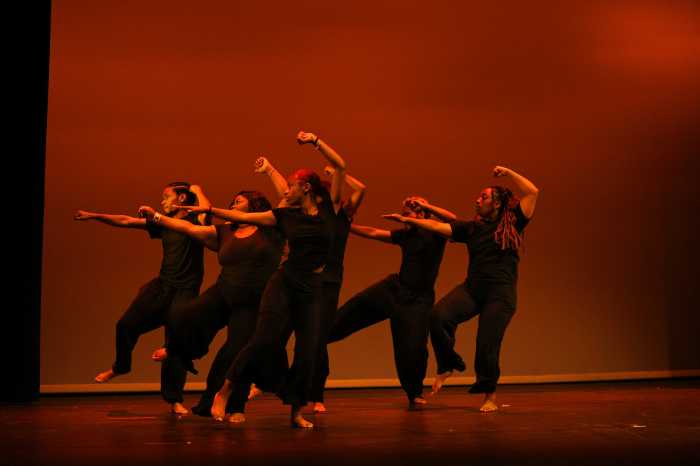The City University of New York Board of Trustees last week approved the establishment of the New Community College, the first new community college for New York City in more than 40 years.
The new community college will open in Fall 2012 with 500 students and is expected to grow to 3,000 students within several years. The college will be located initially at 50 West 40th St. in Manhattan, overlooking Bryant Park.
In the spring of 2008, Chancellor Matthew Goldstein initiated a process for developing a model for a new CUNY community college, according to a release from thje universituy.
“Driving this effort was the projected growth in student enrollment at CUNY’s six community colleges and the belief that a community college structured differently might better address the persistent challenges of improving graduation rates and preparing students for further study and job readiness.
“The trustees, in the resolution they approved, noted that there was “an undisputable need to deliver education at the community college level to more students in New York City. In addition, in order to increase the retention and graduation rates of community college students, Chancellor Goldstein has charged the CUNY community to develop a new and imaginative model of delivering education that can be shared with and duplicated at other institutions. All students will have a common full-time first year liberal arts experience that will integrate into the curriculum a better understanding of the world of work. Each program is designed to allow the graduates to contribute to a thriving and sustainable New York City through employment in the city’s vast private, non-profit and government arenas. This proposal is the product of several years of work toward this goal.”
Executive Vice Chancellor for Academic Affairs and University Provost Alexandra Logue noted that CUNY’s existing community colleges already operate at top capacity—now surging past 85,000, a 40% increase over the last decade. “Beyond simply providing additional seats to accommodate significant demand however, the New Community College is intended to provide an innovative model to improve graduation rates,” she said.
The new college is headed by Founding President Scott E. Evenbeck, a psychology professor and founding dean of University College at Indiana University-Purdue University at Indianapolis.
The planning process took into account best practices throughout the CUNY system including CUNY’s three year old Accelerated Study and Associate Programs otherwise known as “ASAP,” which was funded by the Mayor’s Center for Economic Opportunity. ASAP has produced an impressive 56% three-year graduation rate among its 2007 cohort of community college students, well exceeding the national rate.
The CUNY trustees also approved registration of the first eight degree programs to be offered by the New Community College—Associate in Arts degrees in Business Administration, in Human Services, in Liberal Arts and Sciences, and in Urban Studies; Associate in Applied Science degrees in Energy Services Management, in Health Information Technology, and in Information Technology; and an Associate in Science degree in Environmental Science.
“Our students are low-income, first-generation students and they and their family members want them to get jobs,” said President Evenback. “We want students to be able to get jobs — because those two-year degrees help build the economy here in New York City — and we want them to go on for four-year degrees,” he added.
Since many community college students need remedial help, the new college builds in developmental coursework for those who need it while immediately starting academic work. The program features full-time enrollment for at least the first year; a common first-year curriculum that provides twice the normal time for math; a professional studies component with worksite experience; and majors in fields with available jobs and pathways toward bachelor’s degrees.
The signature City Seminar will plumb “the complex physical, social, environmental and political realities of New York,” said John Mogulescu, senior University dean for academic affairs and dean of the School of Professional Studies who, along with Tracy Meade, director of the New Community College Initiative, led the two-year planning effort to create the school.
CUNY leased the former Katharine Gibbs School at 50 W. 40th St. for the new community college. Already built for classroom use, it needs little renovation. The 10-year lease gives the University time to build a permanent home for the new college that will replace an old building at John Jay College of Criminal Justice on the northeast corner of Ninth Avenue and 59th Street.
With the approval of the trustees, the proposal now goes to the New York State Board of Regents for final review of the college and its initial set of academic programs.
The City University of New York is the nation’s leading urban public university. Founded in New York City in 1847 as The Free Academy, the University’s 23 institutions include 11 senior colleges, six community colleges, the William E. Macaulay Honors College at CUNY, the Graduate School and University Center, the CUNY Graduate School of Journalism, the CUNY School of Law, the CUNY School of Professional Studies and the CUNY School of Public Health. The University serves 262,000 academic credit students and 269,808 adult, continuing and professional education students. College Now, the University’s academic enrichment program for 32,500 high school students, is offered at CUNY campuses and more than 300 high schools throughout the five boroughs of New York City. The University offers online baccalaureate degrees through the School of Professional Studies and an individualized baccalaureate through the CUNY Baccalaureate Degree. More than one million visitors and two million page views are served each month by www.cuny.edu, the University’s website.


























